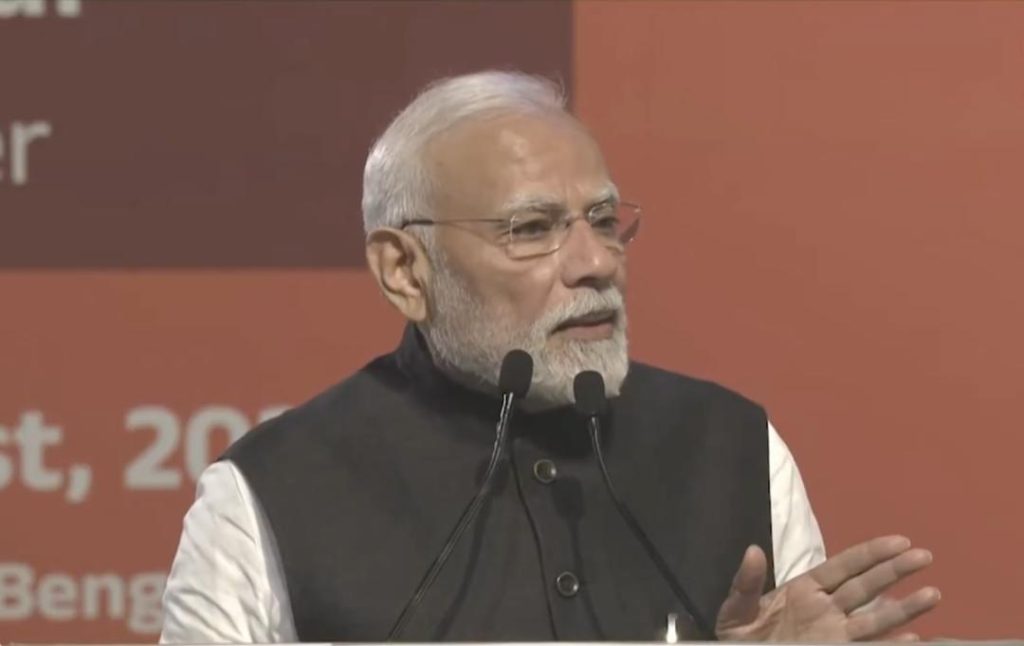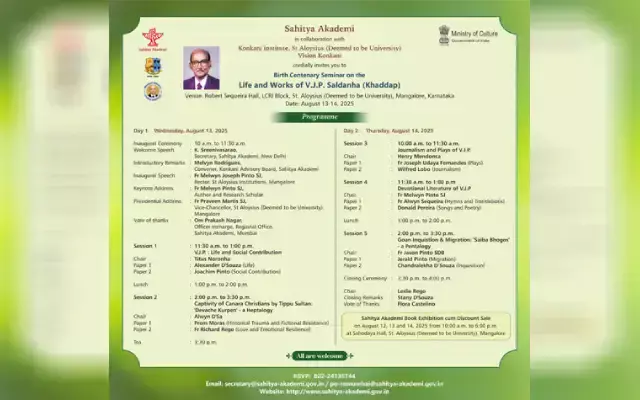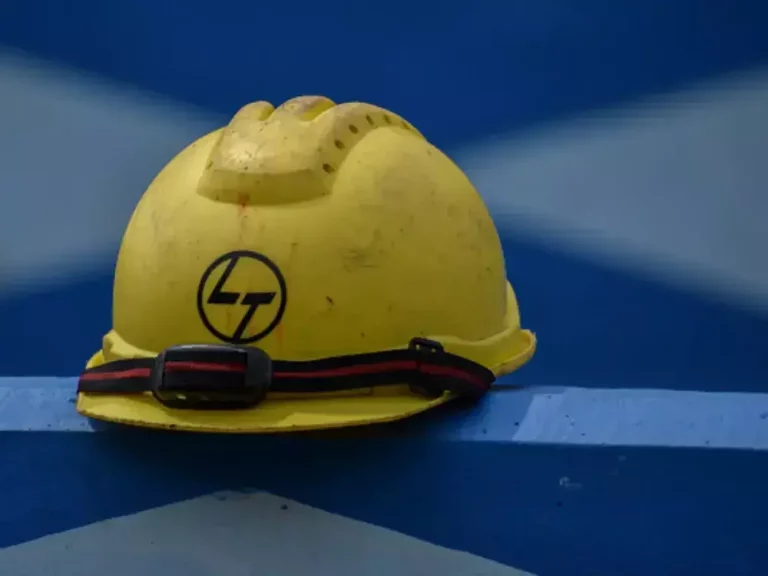
Bengaluru’s Yellow, Orange Metro lines to help 25 lakh people daily: PM
On Sunday, Prime Minister Narendra Modi inaugurated Bengaluru Metro’s Yellow Line, a significant milestone in the city’s transportation infrastructure. The Prime Minister’s visit came with a promise of improved connectivity and a boost to the city’s economy. In his address, Modi highlighted the importance of the Yellow Line, stating that it will connect many important areas of the city. Furthermore, he laid the foundation stone for the Orange Line, which is expected to benefit over 25 lakh commuters daily.
The Yellow Line, which spans 24.2 kilometers, connects the city’s central business district with the eastern part of Bengaluru. This development is expected to reduce congestion on the city’s roads and provide a faster and more efficient way to commute. The line has 17 stations, including major hubs like Mysore Road, Vijaynagar, and Kengeri.
The Orange Line, which is currently under construction, will be an extension of the existing Purple Line. It will connect the city’s eastern and western parts, covering a distance of 17.8 kilometers. The Orange Line is expected to be operational by 2025 and will have 15 stations.
The Prime Minister also acknowledged the contributions made by companies like Infosys, Biocon, and Delta Electronics through part funding for the metro projects. He praised their Corporate Social Responsibility (CSR) model, stating that it is inspirational. These companies have not only contributed financially but also provided expertise and resources to the projects.
The Bengaluru Metro is an ambitious project that aims to connect the city’s sprawling suburbs with the central business district. The metro network is expected to reduce the city’s reliance on private vehicles and promote a more sustainable and environmentally friendly mode of transportation.
The metro project has been in the works for several years, with the first phase being completed in 2014. Since then, the metro network has expanded to cover over 48 kilometers, with six lines in operation. The Yellow Line is the seventh line to be added to the network.
The metro project has not only improved connectivity but also spurred economic growth in the city. The project has created jobs and stimulated commercial activity, particularly in areas around metro stations. The city’s real estate market has also seen a surge in demand, with many developers building apartments and commercial complexes near metro stations.
The Bengaluru Metro is also expected to have a positive impact on the city’s environment. With more people opting for public transportation, the city’s air quality is expected to improve, and traffic congestion will reduce. The metro project is also designed to be energy-efficient, with solar panels and other eco-friendly features incorporated into the design.
In conclusion, the inauguration of the Yellow Line and the laying of the foundation stone for the Orange Line are significant milestones in Bengaluru’s transportation infrastructure. The metro project has the potential to transform the city’s economy and environment, making it a more livable and sustainable city for its residents. The Prime Minister’s acknowledgement of the contributions made by companies like Infosys, Biocon, and Delta Electronics is a testament to the power of public-private partnerships in driving development and growth.






